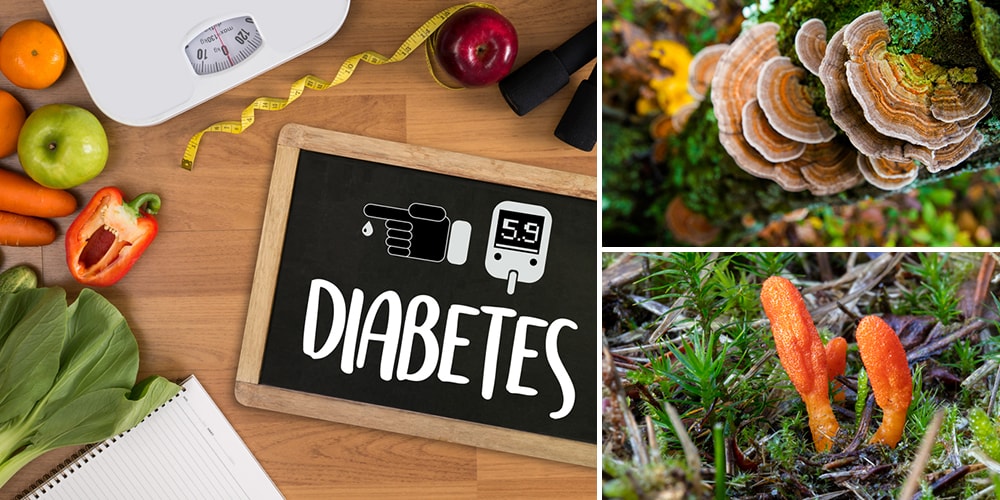
Struggling with Diabetes? Here are My Top 4 Herbal Remedies
Diabetes is the seventh greatest cause of mortality in the United States, where over 30 million people have been diagnosed with the disease. It is essential to correctly treat diabetes since it can lead to a number of major health issues, including blindness, kidney disease, amputations, and nerve damage. Diabetes is a hazardous condition that has risen to epidemic levels. Better yet, take precautions to completely avoid it. Here, I’ve provided a number of lifestyle suggestions and medicinal herbs that can support a healthier life with the disease or if you’d like to steer clear of it.
Powerful Herbs for Blood Sugar Control and Heart Health
Turkey Tail
Known to help lower glucose levels in the bloodstream, turkey tail is an outstanding medicinal herb for managing diabetes. The mushroom is also helpful for reducing LDL cholesterol and hypertension. Overall, it lowers the risk of heart disease, which is often an issue for diabetics. Turkey tail should be taken daily to experience the full benefit.
Reishi
Another medicinal mushroom that lowers blood sugar levels, reishi is helpful for improving the symptoms of type 2 diabetes when used daily. It also reduces “bad” LDL cholesterol and fatty acids in the blood, while increasing “good” HDL cholesterol. Additionally, reishi increases oxygenation of the blood, regulates the heartbeat, and increases blood flow while normalizing blood pressure. The mushroom improves heart function and lowers the risk of cardiovascular disease.
Lemon Balm
When taken regularly, lemon balm helps to control blood glucose levels and protects tissues against the oxidative stress associated with diabetes. It also lowers triglycerides and blood pressure. Moreover, it safeguards the heart by regulating the electrical pulses that cause palpitations, arrhythmias, and tachycardia.
Cordyceps
Historically used in Traditional Chinese Medicine (TCM), cordyceps alleviates fatigue, treats kidney disease, and enhances physical performance. It also contains a unique form of sugar that may help treat diabetes. Mimicking the action of insulin, several animal studies have found that the mushroom helps to lower blood glucose levels. Research has also found that cordyceps helps to improve kidney function, an important consideration as kidney disease often accompanies diabetes. Moreover, this study discovered that cordyceps is effective in addressing the immune dysfunction and low-grade chronic inflammation of the disease.
If you would like to give the following herbs a try, all four can be found in my convenient Heart & Blood Sugar Support Bundle!
Diet & Lifestyle Habits for Reducing the Risks and Complications of Diabetes
Regular exercise is vital for managing or downright avoiding diabetes. The National Institute of Diabetes and Digestive and Kidney Diseases conducted a clinical study that observed individuals for three years who were at risk for developing diabetes. The participants that exercised 150 minutes per week slashed their risk of type 2 diabetes by an astounding 58 percent.
For those who already have diabetes, exercise lowers blood glucose levels and can assist with reducing cholesterol and encouraging weight loss — two issues that are often tied with the disease.
When your mom told you to “eat your vegetables” she most likely didn’t know that it could slash your diabetes risk by 50 percent. But two large-scale studies published in the summer of 2020 have found that the more fruits, vegetables, and whole grains you eat, the lower your risk of developing diabetes.
The first of two studies published in The British Medical Journal included 340,000 participants spanning eight countries. It took place over the course of 10 years and involved over 40 researchers. It was a massive undertaking. What they found is nothing short of astonishing. When comparing the biomarkers of those with type 2 diabetes and participants who did not have the disease, they found that people who ate the highest level of fruits and vegetables lowered their risk of type 2 diabetes by an astounding 50 percent.
Researchers at Harvard University conducted the second study, which involved 195,000 participants over the course of 24 years. The team looked at the impact whole grains had on the risk of developing type 2 diabetes. As it turns out, those who consumed the highest amount of whole grain foods experienced significantly lower rates of type 2 diabetes, around 29 percent.
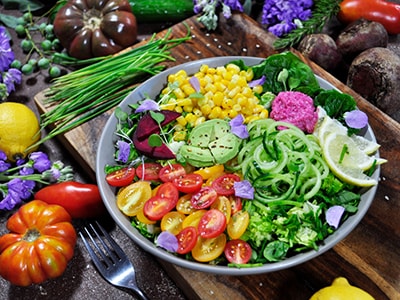 Moreover, diet can also reduce health issues associated with type 1 and type 1.5 autoimmune diabetes. Cyrus Khambatta, who has a PhD in Nutritional Biochemistry from the University of California, Berkeley notes that a low-fat, whole-foods, plant-based diet (WFPB) can help boost insulin sensitivity and reduce insulin need by 40 percent after six months. A WFPB diet can also help to prevent the nerve damage caused by diabetes because of increased blood flow to tissues. It also relieves the burden on the kidneys, which in turn can lower the risk of diabetes-related kidney disease. Additionally, a WFPB diet can help anyone drop extra pounds, which is especially important for those with diabetes because excess weight is linked with the disease.
Moreover, diet can also reduce health issues associated with type 1 and type 1.5 autoimmune diabetes. Cyrus Khambatta, who has a PhD in Nutritional Biochemistry from the University of California, Berkeley notes that a low-fat, whole-foods, plant-based diet (WFPB) can help boost insulin sensitivity and reduce insulin need by 40 percent after six months. A WFPB diet can also help to prevent the nerve damage caused by diabetes because of increased blood flow to tissues. It also relieves the burden on the kidneys, which in turn can lower the risk of diabetes-related kidney disease. Additionally, a WFPB diet can help anyone drop extra pounds, which is especially important for those with diabetes because excess weight is linked with the disease.
Other dietary considerations for regulating blood sugar include eating a high-fiber diet, focusing on foods rich in magnesium and chromium, and consuming foods with a low glycemic load. Incorporating beans and other legumes into your diet can assist in controlling blood sugar levels, decrease cholesterol, reduce blood pressure, and slim down belly fat. Of course, staying away from processed foods, refined sugar, honey, maple syrup, and seed oils is important as well.
The Bottom Line
As we have seen, medicinal herbs, diet, and exercise are a powerful trio for reducing the damaging aspects of diabetes. Considering diabetes has serious ramifications for our health and life span, it is worth the time and effort to encourage lifestyle habits that will help us to avoid the disease altogether.
But if you find that you have already developed diabetes, these are also powerful tools to help manage the disease so that you can minimize the health effects and avoid complications.

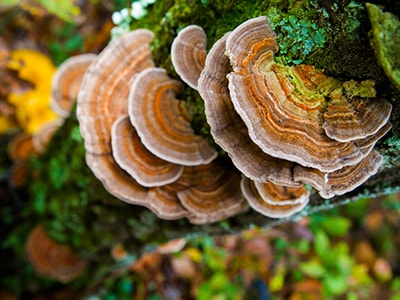
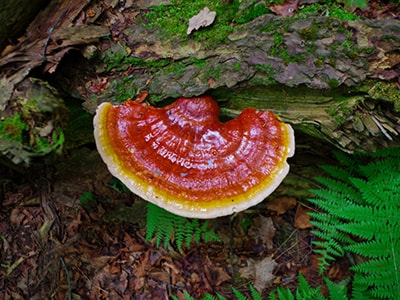
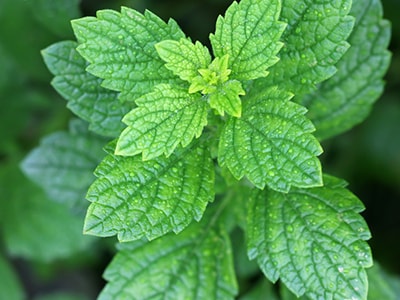
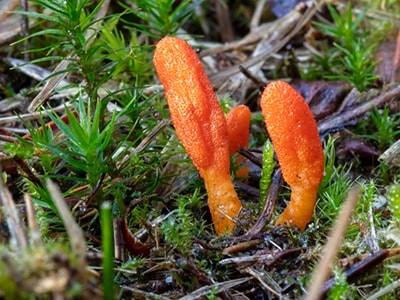

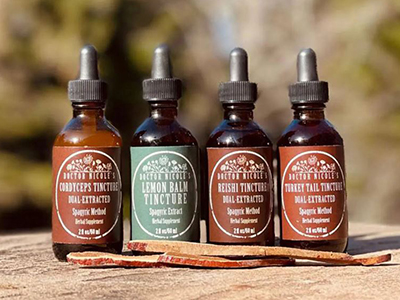
Where do we get the four herbs to treat diabetes
Hi Angela,
Thank you for your interest in herbal remedies!
In the article there are links to purchase all the herbs in tincture form.
If you wish to buy herbs and make the tinctures yourself, we recommend checking at your local health food store, or searching on Google for a shop that delivers to your area.
Many blessings and good health!
Do you take each tincture everyday, or all four, or select one to try at a time? Will blood sugar drop too low? I wear a sensor so I can monitor it.
Hi Rose,
Thank you for your comment!
For inquiries regarding Nicole’s Apothecary products please check the FAQ page or send an email via this Contact Form: https://nicolesapothecary.com/pages/contact-us
Many blessings and good health!
Is the tinture as or more affective than the actual herbs taken raw? How many times and how much do you take it a day and for how long? What are the instructions? How long does it take until you see results?
Hi Tammy,
Thank you for your comment!
For inquiries regarding Nicole’s Apothecary products please check the FAQ page or send an email via this Contact Form: https://nicolesapothecary.com/pages/contact-us
Many blessings and good health!
Where is the FAQ page?
Hi Michelle,
Here: https://nicolesapothecary.com/pages/frequently-asked-questions
Many blessings and good health!
Mushrooms need to be cooked before consuming. Otherwise they are harmful, NOT helpful. Make sure when buying mushroom tinctures, etc, that they have been COOKED first and then dried, powdered or tinctured.
I find it interesting that while I have been diabetic since 2011, in all of my reading (and it has been A LOT of reading) never once have I seen any of these mentioned as helping control blood sugar from diabetes. Goats Rue, Bitter Melon, Berberine, Nopal Cactus and Gymnema have all been mentions numerous times in many different articles on controlling glucose in diabetics. For me, most carbs are a huge no-no. Including beans and legumes. Also, even whole grains are not healthy for anyone…
Interesting. I will have to look into this.
Thank you for adding links to some of your sources for this post.
Gymnema sylvestre, ECGC, anise and coffee are some other natural resources that fight and prevent diabetes